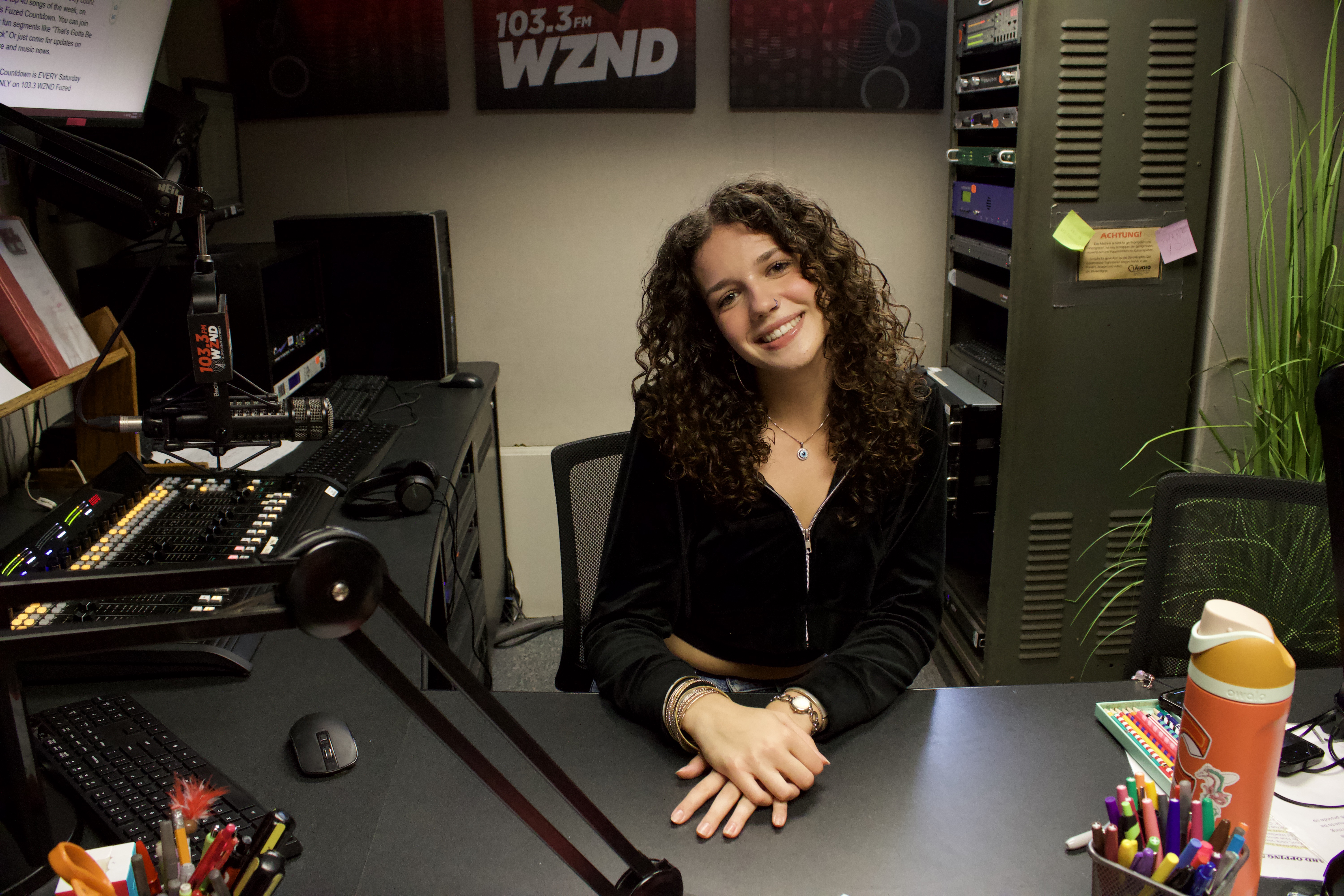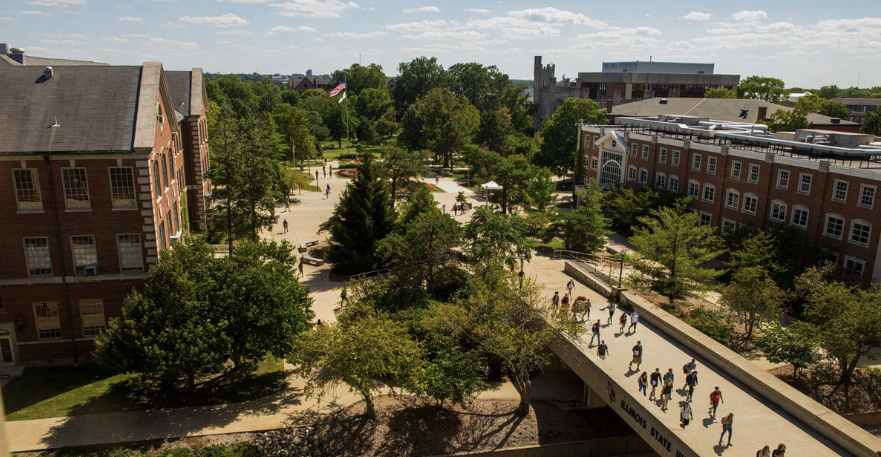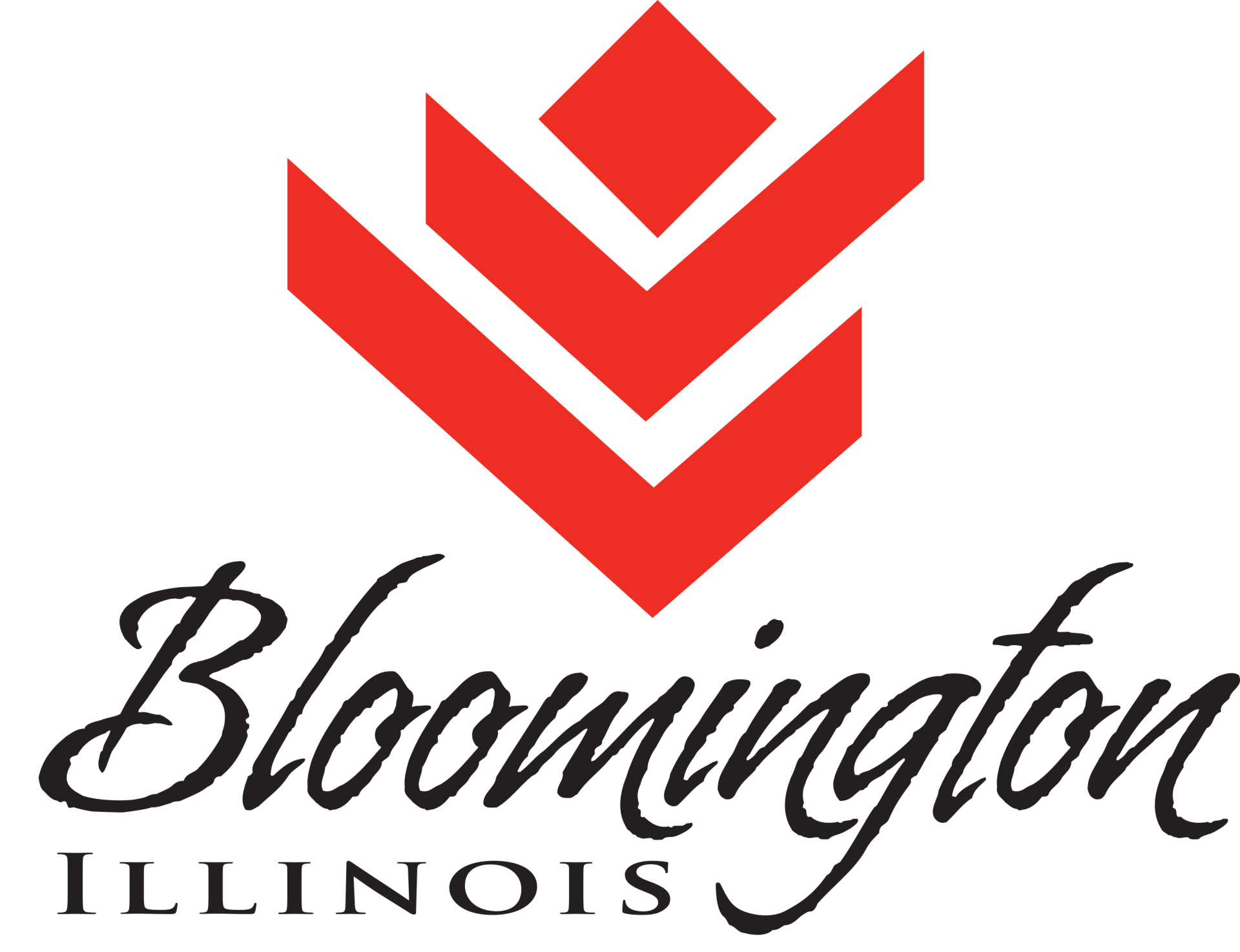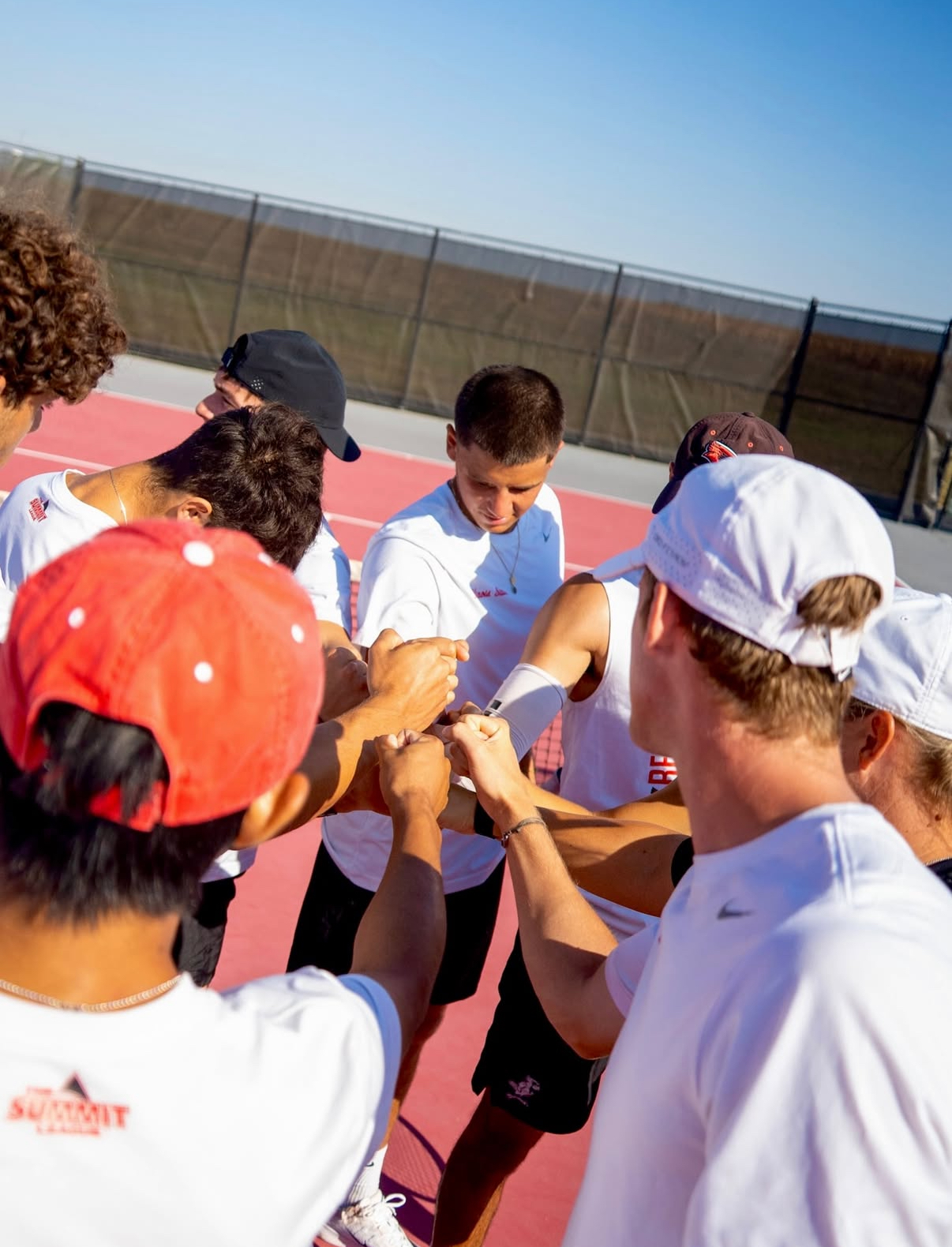History has its eyes on them: ISU students march for a safer future and justice for the past
Written by Colleen Holden on October 11, 2025
Image courtesy of the official SERC Instagram page
In the 1970s, a national movement was born with the goal of demanding safety for women when walking alone at night and eliminating the normalized societal behaviors that made them feel unsafe in the first place.
Over 50 years later, with decades of history fueling their fire, a group of ISU students marched once again to take back the night.
The yearly Take Back the Night march on campus facilitated by the registered student organization “Students Ending Rape Culture” is nothing new to the ISU campus, with the ISU marches dating back to at least 1989. SERC President Lauren Bounds believes that a great deal of progress has been made since the movement began, but there is still plenty of work to do.
“I think we’ve seen a lot of improvement in diversity. I still don’t think it is what it should be, and that’s for a lot of different reasons,” Bounds said. “We need to still work on accessibility. Obviously, it’s great to do it as a college campus, but as someone in the crowd mentioned, not everyone can go to college, not everyone can afford college. So what about underserved communities where maybe there are residents who can’t afford to go to college and then have no way to access something like this?”
In addition to the history of violence against women, SERC members and other participating students have also united in protest of violence that occurred on the campus they call home
“In 2022 we marched in the wake of a hate crime against student Jakai Martin. In 2023 brave survivors came forward to speak out about sexual assault on our campus. In 2024 another student was assaulted in a homophobic hate crime,” Bounds said. “These are not isolated incidents. They are people’s lives. They are their safety, and they are their dignity. We gather not only to remember but to resist. Take Back the Night is about retaining what was taken. It’s about rejecting fear as the price of our existence.”
Participants also made protest signs they carried during the march. Some held simple messages like “yes means yes and no means no,” and other common phrases meant to counter rape culture. Other signs were more personal to their authors.
“My sign says safety and support for all women, and all is in bubble letters with little trans flag colors,” Queer Coalition Co-President Brie Byers said. “I read a statistic that queer people and queer women are four to five times more likely than cisgender heterosexual women to be victims of sexual violence. And I think that’s a very significant thing to make note of.”
Byers also found a statistic per UCLA saying that transgender survivors of domestic violence often report higher levels of police misconduct when reporting their experiences.
The oldest campus incident the group marched in protest of was the unsolved murder of an ISU student back in 1971.
“Carol Rofstad was an ISU student in the 70s, and on December 22, 1975, she was attacked while walking 0.4 miles home from what is now the garlic press to her home at the former Delta Zeta location on South Fell Street. She was attacked by a few men and was left for dead, not discovered until the next day,” Student Casey Leone said. “We’re approaching 50-year anniversary of this attack, and it’s a very personal cause for me, because this was a big part of my involvement with student government last year.”
During the march itself, the group was heckled at more than once. Bounds believe the hecklers’ actions further solidified their need to march in the first place.
Following the march, a vigil was held where survivors of sexual assault shared their stories. Surrounded by soft, quiet light, the magnitude of these stories hung heavy, as the space held the weight of their trauma, only slightly lifted by the solidarity in being heard.
“I think any time survivors are given a space, even if no one spoke up at the survivor circle, even if it was just a moment of silence. That’s exactly what we want to do,” Bounds said. “I think with survivorship, you can’t always measure how much you impact someone. Some people aren’t ready to talk about it, but just knowing that I might have, or we might have, or one other person’s story might have helped someone in any capacity even if it’s the smallest capacity. That’s enough for me.”
A vigil honoring Carol Rofstad is currently being planned, with preliminary dates set for early November. For those in need, YWCA’s crisis hotline can be reached 24/7 at 309-566-7000.




